Publications
Articles, publications, books, tools and multimedia features from the U.S. Institute of Peace provide the latest news, analysis, research findings, practitioner guides and reports, all related to the conflict zones and issues that are at the center of the Institute’s work to prevent and reduce violent conflict.
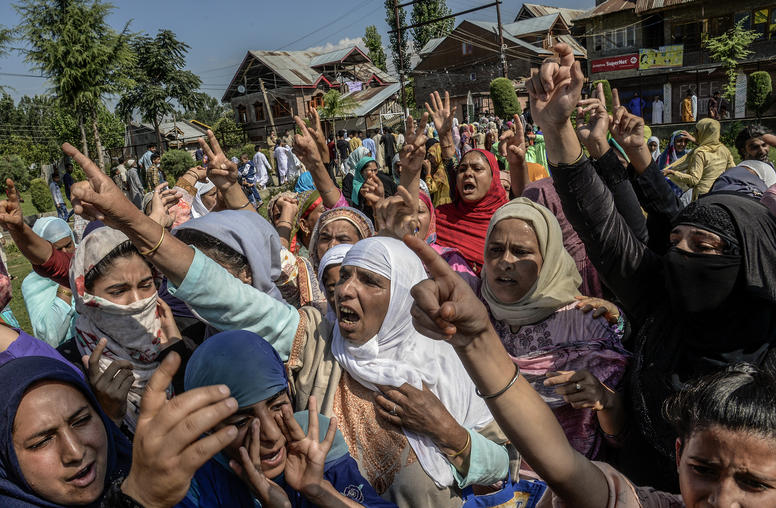
Kashmir Crisis Raises Fear of Intensified India-Pakistan Conflict
Last week, India made a controversial decision to revoke the special status of the disputed region of Kashmir and sent thousands of troops to quell any potential unrest. The Muslim-majority territory has been a major source of tension between India and Pakistan since it was partitioned between...
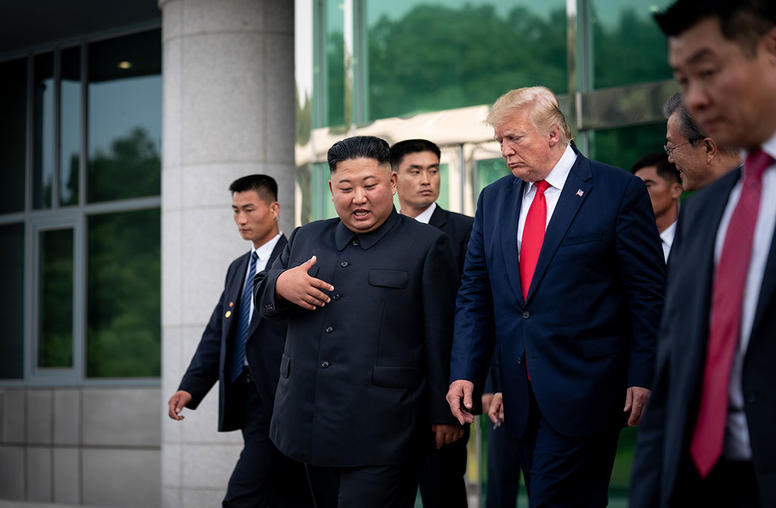
What’s Next with North Korea?
It’s been over a month since President Trump became the first sitting American president to set foot in North Korea. After months of stalled talks, this third Trump-Kim meeting was greeted with optimism, as the two leaders agreed to resume working-level negotiations. Not only have those talks not started up again, but North Korea has since conducted several missile tests in what many experts believe is a bid to maintain pressure on Washington and Seoul.

Thomas Hill on Libya and Tunisia in Transition
The death of President Essebsi was a major loss for Tunisia, but the U.S. remains deeply invested in advancing democracy in the country. Alternatively, looking to the instability in Libya, Hill says, “The U.S. is not involved at all, [even though some] Libyans are pressing for the U.S. to do more … The most productive way the U.S. can be involved is not militarily or financially, but rather diplomatically.”
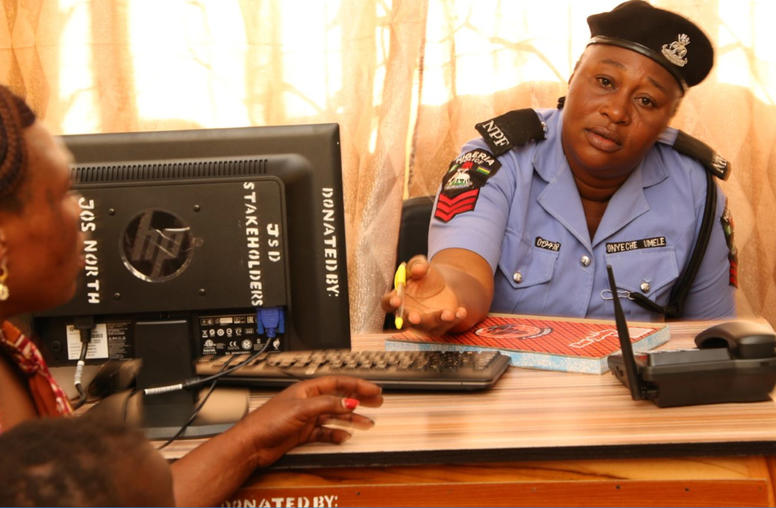
As Africa Battles Sexual Violence, a Nigerian City Shows How
When civic leaders and officials in Jos, Nigeria, launched an initiative in 2017 to calm repeated bloodshed in the city, a series of dialogue forums with residents revealed a chilling pattern of hidden violence in their midst: sexual assault. Girls and women recounted rapes and attacks for which justice was impossible, often because authorities were unresponsive. The women faced a problem common to their sisters across Africa: national laws against sexual violence were having little effect on the ground. But the dialogues have wrought a change. In May, police in Jos opened the city’s first unit dedicated to investigating sexual and gender crimes.
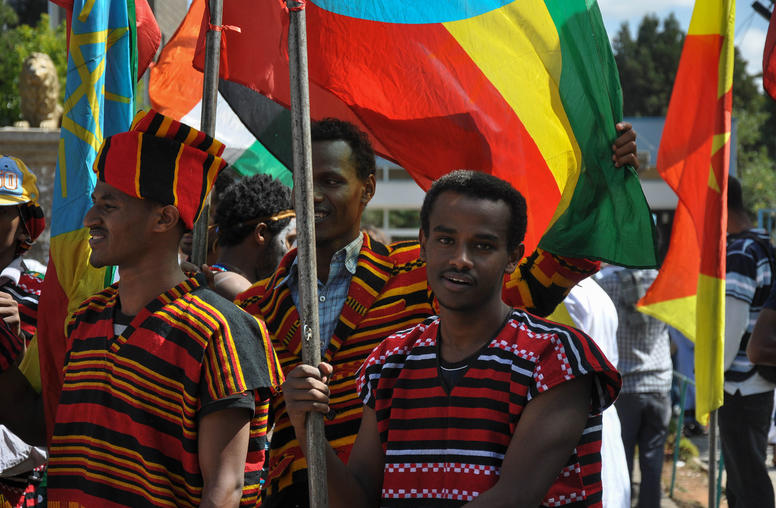
In Southern Ethiopia, Trouble Brews in Sidama
The southern Ethiopian area of Sidama is famous for its coffee. But amid the beans, bitterness lingers. More than 50 people were killed in recent violence, as Ethiopia struggles with demands for the creation of a new Sidama ethnic federal state—a right explicitly permitted by the national constitution. USIP’s Aly Verjee discusses the implications of this latest challenge to peace in Africa’s second most populous country.
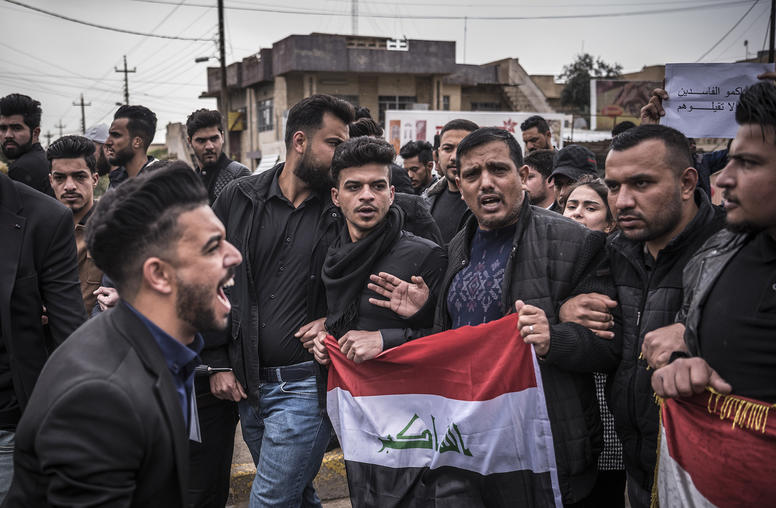
Iraq’s Democratic Imperative: Getting Provincial Elections Right
Iraq’s landmark 2018 national elections—the first since the military defeat of ISIS—presented an opportunity for a much-needed course correction for the country’s sclerotic political process. Unfortunately, that opportunity was not seized properly. The vote was marred by claims of widespread fraud, low voter turnout, a delayed results announcement and a protracted government formation process.
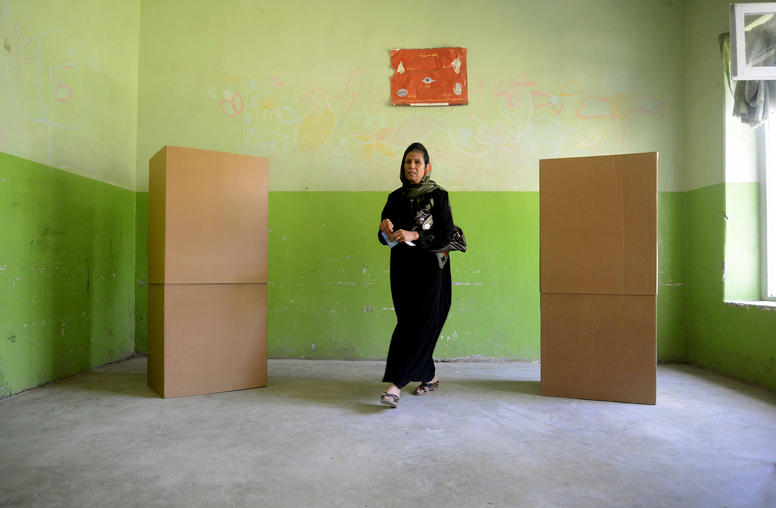
Afghanistan Still Has a Chance to Improve This Election
As the United States, the Afghan government and the Taliban maneuver toward a peace process for the country, the strength of the current Afghan government and political system will be affected by the credibility, in Afghans’ eyes, of the presidential election set for September 28. Yet the credibility of Afghan elections is weakened by unresolved allegations of criminal fraud—especially against the nation’s former top election officials—in last year’s parliamentary balloting. With just 53 days remaining before the presidential vote, time is now short—but Afghan authorities still can take steps to improve the prospects for an election that citizens might see as credible and legitimate.

Systems Thinking for Peacebuilding and Rule of Law (French)
Notre approche traditionnelle de la consolidation de la paix et de l’État de droit semble solide : des objectifs ambitieux, une injection de ressources, des équipes d’experts travaillant intensément. Pourtant nous semblons rarement aboutir à des réformes véritablement fructueuses et durables. Pourquoi nous enlisons-nous ? Une des réponses possibles réside dans notre façon de percevoir les systèmes avec lesquels nous travaillons. Nous avons tendance à traiter de nombreux systèmes de consolidation de la paix et de l’État de droit comme s’ils étaient des systèmes d’horloge, c’est-à-dire ordonnés, réguliers et prévisibles. En réalité, les environnements dans lesquels nous travaillons sont plutôt des systèmes de type nuage,en cela qu’ils sont désordonnés, irréguliers et imprévisibles.

Leanne Erdberg on Violent Extremist Disengagement and Reconciliation
While some will face criminal trial, many of those who traveled to live with ISIS but have disavowed its ideology will have to reintegrate into their communities. “We need to encourage a way to talk about them so that they can form new bonds with their communities,” says Leanne Erdberg. “Language has a very important role to play.”
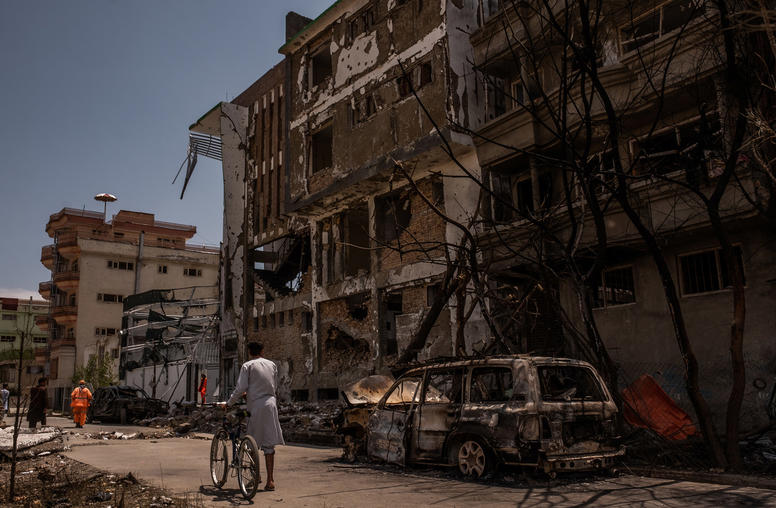
Taliban Talks and Violence Loom Over Afghan Presidential Elections
Campaign season for Afghanistan’s twice-delayed presidential elections opened in grisly fashion on Sunday. An insurgent attack on the Kabul office of President Ashraf Ghani’s top running mate, Amrullah Saleh, killed more than 20 and wounded at least 50. As the attack demonstrates, security will be a top concern during the elections. But, the ongoing U.S.-Taliban talks and nascent intra-Afghan negotiations further complicate matters. And on top of all that, Afghanistan’s post-2001 elections have been characterized by deep challenges, many of which remain unaddressed with little time to fix. USIP’s Scott Worden surveys the scene two months ahead of the vote.